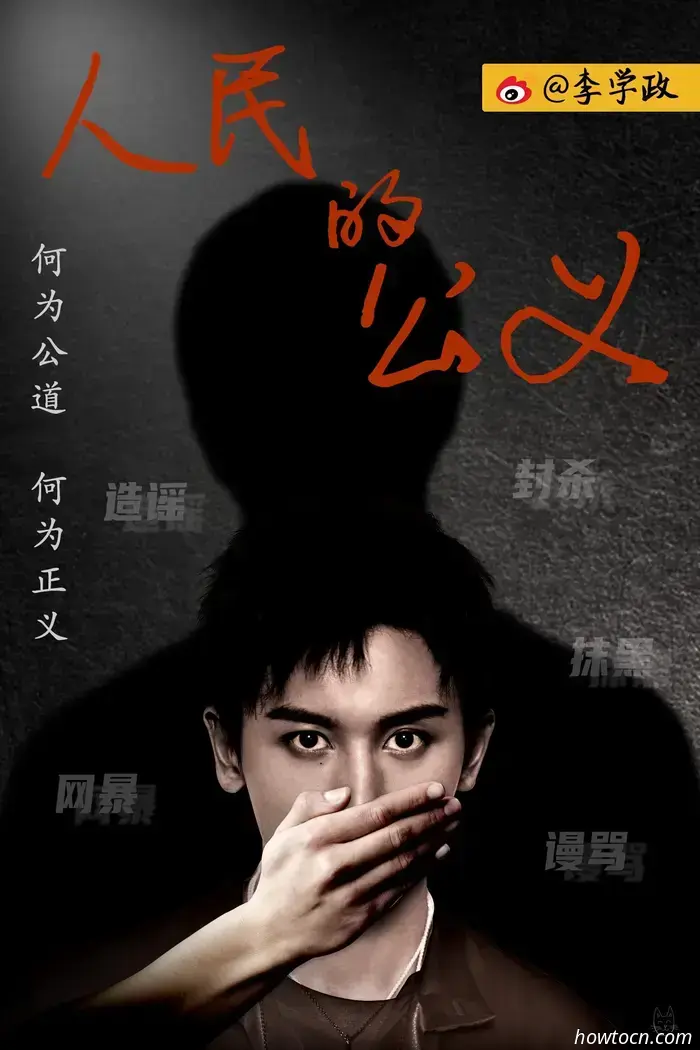-for-the-CNY-Holiday-2025.png)
If you're intending to spend the Spring Festival in Beijing, you might be curious about which establishments will be open during the holiday where you can grab a drink or meal. We've compiled a list of venues in the capital (sorted alphabetically) that are open, closed, or operating with altered hours.
Below are the specifics for each venue, but note that most are either closed or have modified hours from January 28 to January 30 for the primary holiday. This list is not exhaustive. If you don’t see a place listed, we suggest checking Dianping, as many businesses post their adjusted Spring Festival hours there.
**Arrow Factory**
- Closed from January 28 to January 30
- Reopens with regular hours from January 31
**Beyond Yakitori**
- Closed from January 27 to February 3
- Reopens with regular hours from February 4
**Bollywood Tales and Dastaan**
- **Bollywood Tales**: Closed from January 28 to January 31; reopens normally on February 1
- **Dastaan**: Closed from January 28 to January 31; reopens normally on February 1
**Bottega and Forno**
- All locations have adjusted hours from January 28 to February 4, operating from noon to 9 PM
- Reopen with regular hours on February 5
**CDWAAS Kitchen & Bistro 水石餐吧**
- Closed from January 28 to February 5
- Reopens with regular hours on February 6
**COMMUNE**
- **COMMUNE RESERVE 798 location**: Adjusted hours on January 28 from 11 AM to 3 PM; open normally from January 29
- **COMMUNE RESERVE Huamao location**: Adjusted hours on January 28 from 11 AM to 3 PM; January 29-30 hours adjusted to 11 AM to midnight; open normally from January 31
- **COMMUNE•X BHG Mall**: Adjusted hours on January 28 from 10 AM to 6 PM; open normally from January 29
- **COMMUNE•X Mall&More branch**: Adjusted hours on January 28 from 10 AM to 6 PM; open normally from January 29
- **COMMUNE•X Sanlitun**: Open normally
- **COMMUNE 幻师**: Adjusted hours on January 28 from 11 AM to 3 PM; open normally from January 29
**Confidential**
- Open normally
**The Corner Bistro**
- Open normally
**DELI NYC**
- Closed from January 27 to February 2
- Reopens with regular hours on February 3
**Eudora Station**
- Closed from January 25 to February 5
- Adjusted hours from February 6-13 will be 11 AM to 11 PM
- Open normally from February 14
**The Factory**
- Open normally
**Fukumimi x Beyond**
- Closed from January 27 to February 7
- Reopens with regular hours from February 8
**Georgia's Feast and Turkish Feast**
- **Georgia's Feast**: Open normally
- **Turkish Feast (JinShang Yuan and WF Central locations)**: Open normally
- **Turkish Feast (Huamao location)**: Closed from January 26 to February 6; open normally from February 7
**Great Leap**
- **Great Leap #6 (Doujiao Hutong branch)**: Adjusted hours from January 28 to 31, operating from 3 PM to 11 PM; open normally from February 1
- **Great Leap #12 (Gongti branch)**: Adjusted hours from January 28 to 31, operating from 4:30 PM to midnight; open normally from February 1
- **Great Leap #45 (Xinyuan branch)**: Closed from January 28 to 31, adjusted hours from February 1 to 4, operating from 4:30 PM to 2 AM; open normally from February 5
- **Great Leap Lido**: Adjusted hours from January 28 to 31, operating from noon to midnight; open normally from February 1
**Hilton Beijing**
- **Makan Kitchen**: January 28 open for Chinese New Year’s Eve Buffet from 4:30 PM to 8 PM; January 29 to February 6 adjusted hours from 6:30 AM to 10:30 AM; 11:30 AM to 2:30 PM; 5:30 PM to 9 PM; open normally from February 7
- **One East**: Closed from dinner on January 28 until lunch on February 9; open normally from February 10
**Home Plate BBQ**
- **Home Plate Sanlitun**
-for-the-CNY-Holiday-2025.jpg)
-for-the-CNY-Holiday-2025.jpg)
-for-the-CNY-Holiday-2025.jpg)
-for-the-CNY-Holiday-2025.jpg)
-for-the-CNY-Holiday-2025.jpg)
-for-the-CNY-Holiday-2025.jpg)
-for-the-CNY-Holiday-2025.jpg)
-for-the-CNY-Holiday-2025.jpg)
-for-the-CNY-Holiday-2025.jpg)
-for-the-CNY-Holiday-2025.jpg)
-for-the-CNY-Holiday-2025.jpg)
-for-the-CNY-Holiday-2025.jpg)
-for-the-CNY-Holiday-2025.png)
-for-the-CNY-Holiday-2025.jpg)
-for-the-CNY-Holiday-2025.jpg)
-for-the-CNY-Holiday-2025.jpg)
-for-the-CNY-Holiday-2025.jpg)
-for-the-CNY-Holiday-2025.jpg)
-for-the-CNY-Holiday-2025.jpg)
-for-the-CNY-Holiday-2025.jpg)
-for-the-CNY-Holiday-2025.png)
-for-the-CNY-Holiday-2025.png)
-for-the-CNY-Holiday-2025.jpg)
-for-the-CNY-Holiday-2025.jpg)
-for-the-CNY-Holiday-2025.jpg)
-for-the-CNY-Holiday-2025.jpg)
-for-the-CNY-Holiday-2025.jpeg)
-for-the-CNY-Holiday-2025.jpg)
-for-the-CNY-Holiday-2025.png)
-for-the-CNY-Holiday-2025.jpg)
-for-the-CNY-Holiday-2025.jpg)
-for-the-CNY-Holiday-2025.png)
-for-the-CNY-Holiday-2025.jpg)
-for-the-CNY-Holiday-2025.jpg)
-for-the-CNY-Holiday-2025.jpg)
-for-the-CNY-Holiday-2025.jpg)
-for-the-CNY-Holiday-2025.jpg)
-for-the-CNY-Holiday-2025.jpg)
-for-the-CNY-Holiday-2025.png)
-for-the-CNY-Holiday-2025.jpg)
-for-the-CNY-Holiday-2025.jpg)
-for-the-CNY-Holiday-2025.jpg)
-for-the-CNY-Holiday-2025.png)
-for-the-CNY-Holiday-2025.jpg)
-for-the-CNY-Holiday-2025.jpg)

Beijing has several bars that feature pool tables. Here are some of our top recommendations.

The introduction of the Fujian, China's third and most sophisticated aircraft carrier, was a pivotal event for the People's Liberation Army Navy (PLAN), signifying its emergence as a navy of global standing. The tale of how the PLAN obtained its inaugural aircraft carrier — anUsed Soviet vessel purchased from Ukraine — is replete with twists that would befit an engaging spy thriller.

The year 2021 witnessed a series of notable celebrity cancellations, such as actor Zhang Zhehan, known for the popular danmei 耽美 (Boys' Love) series Word of Honor, pop star Kris Wu 吴亦凡 who was detained on allegations of rape, and actress Zheng Shuang 郑爽 who faced penalties for tax evasion. The emergence of this heightened culture of celebrity cancellations in China is not solely driven by authentic social sentiments or the tightening control of the Party-State; instead, it is fueled by an increasingly competitive industry with monopolistic influence that spans social media platforms, streaming and video-sharing services, along with state-run media.
mens-voices-rights-and-the-vision-of-the-state-The-China-Story.jpg)
Even with challenges like the arrest of the 'Feminist Five' in 2015 for advocating against sexual harassment on public transport, feminist voices in China have become more prominent in recent years.
.jpg)
Have you detected a gag-reflex-inducing, sulfurous, sewer-like odor coming from the bathroom in your Chinese apartment?

Prior to the Lunar New Year of 2022, a video surfaced on Chinese social media showing a woman chained by her neck to a wall. The incident involving Little Plum Blossom has resonated across China in a manner that earlier human trafficking cases have not.
If you intend to be in Beijing during Spring Festival, you might be curious about which places will be open during the holiday.